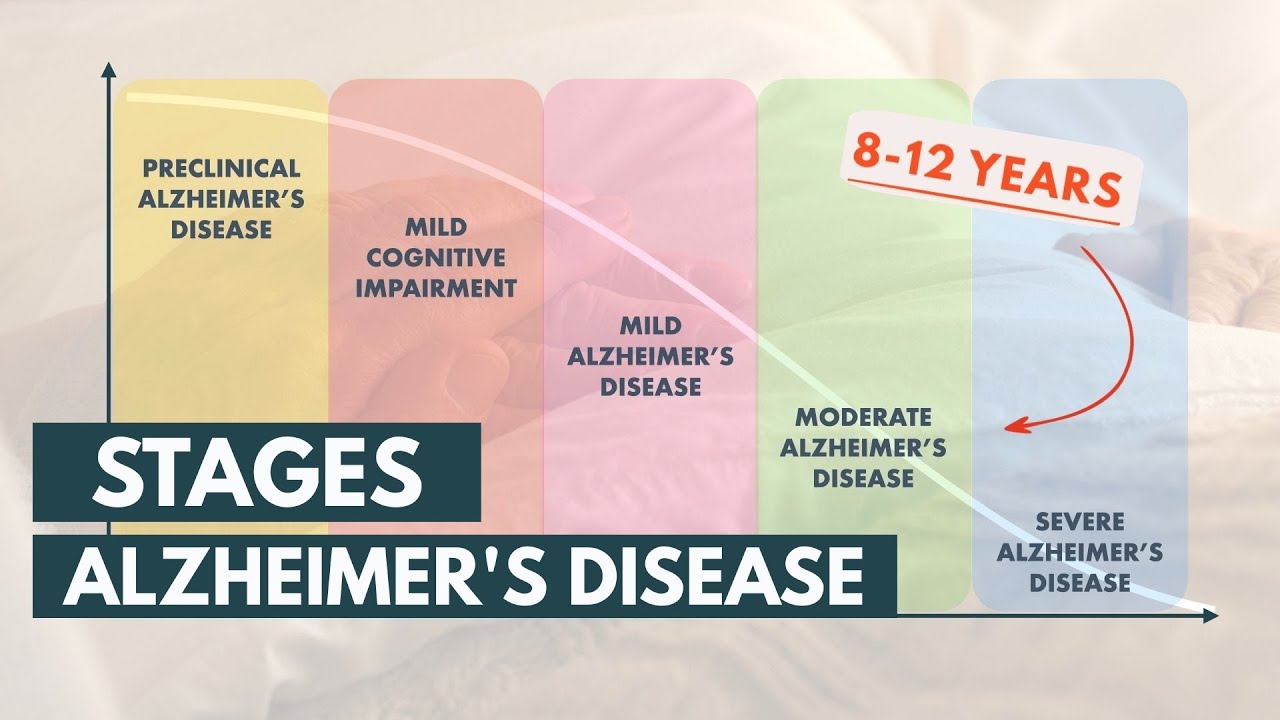AI for Mental Health FCAI 23 5 2024 Hanna Renvall HUS BioMag Laboratory
Summary
TLDRThe speaker discusses the critical relationship between neurodegeneration and mild cognitive impairment (MCI), emphasizing the importance of early detection and intervention. With over 10 million people affected in Europe, the focus is on utilizing advanced neuroimaging and AI technologies to identify at-risk individuals before clinical symptoms arise. The AI Mind project aims to collect and analyze extensive data to enhance diagnostic accuracy and treatment strategies for dementia. Collaborative efforts across Europe are underway to integrate these findings into clinical practice, ultimately improving outcomes for patients and paving the way for future innovations in dementia care.
Takeaways
- 😀 Dementia poses a significant burden on individuals and society, with over 10 million people in Europe currently affected by mild cognitive impairment (MCI).
- 😀 MCI serves as a crucial stage between normal aging and clinical dementia, with 20-50% of MCI patients likely progressing to dementia within five years.
- 😀 Early detection of MCI is vital for improving patient outcomes and enabling timely interventions.
- 😀 Neuroimaging techniques, such as magnetoencephalography (MEG) and electroencephalography (EEG), can identify pathological changes in the brain before clinical symptoms manifest.
- 😀 Hyperactivity at the neuronal level may signal the onset of amyloid accumulation, a hallmark of Alzheimer's disease.
- 😀 AI integration with neuroimaging shows promise in predicting which MCI patients will progress to dementia, enabling personalized treatment plans.
- 😀 The AI Mind project is a significant research initiative that aims to collect extensive data from 1,000 participants with MCI over two years.
- 😀 Combining neuroimaging data with cognitive assessments and genetic information enhances the predictive accuracy of cognitive decline.
- 😀 Preliminary results indicate that AI can correlate functional connectivity in the brain with memory performance among MCI subjects.
- 😀 The application of AI in clinical settings is already underway in the Netherlands, where MEG measurements are being used to diagnose challenging dementia cases.
Q & A
What is the primary focus of the presentation?
-The presentation focuses on neurodegeneration, specifically the relationship between mild cognitive impairment (MCI) and dementia, and how artificial intelligence (AI) and neuroimaging can aid in early diagnosis.
How many people are currently affected by mild cognitive impairment (MCI) in Europe?
-Currently, more than 10 million people in Europe are affected by mild cognitive impairment.
What percentage of MCI patients develop clinical dementia within five years?
-Between 20 to 50% of individuals with mild cognitive impairment may develop clinical dementia within five years.
What is the significance of early neuronal hyperactivity in relation to Alzheimer's disease?
-Early neuronal hyperactivity may be a critical signal indicating the onset of pathological changes in the brain, leading to conditions like Alzheimer's disease before amyloid plaques accumulate.
What neuroimaging techniques are mentioned as useful for studying brain activity in patients?
-The techniques mentioned are electroencephalography (EEG) and magnetoencephalography (MEG), which can track brain activity with high temporal resolution.
What is the AI-MIND project, and what is its goal?
-The AI-MIND project is a large European initiative aimed at collecting extensive data from 1,000 participants with MCI to develop predictive models for cognitive decline using AI.
What kind of data is being collected in the AI-MIND project?
-The project collects EEG and MEG data, cognitive assessment results, blood biomarkers, and genetic information to provide a comprehensive assessment of risk factors for cognitive decline.
How does AI enhance the analysis of EEG and MEG data in this context?
-AI enhances the analysis by identifying features in EEG and MEG responses that are most predictive of network disturbances associated with cognitive decline.
What has been observed regarding the relationship between functional connectivity and memory scores?
-Clear correlations have been observed between functional connectivity measures from EEG/MEG data and the memory scores of subjects, indicating that these measures can be indicative of cognitive performance.
What is the anticipated future of AI in clinical practice for dementia diagnosis?
-The anticipated future involves using AI as a supportive tool for clinicians, helping to predict and diagnose dementia more effectively, particularly for challenging cases.
Outlines

Esta sección está disponible solo para usuarios con suscripción. Por favor, mejora tu plan para acceder a esta parte.
Mejorar ahoraMindmap

Esta sección está disponible solo para usuarios con suscripción. Por favor, mejora tu plan para acceder a esta parte.
Mejorar ahoraKeywords

Esta sección está disponible solo para usuarios con suscripción. Por favor, mejora tu plan para acceder a esta parte.
Mejorar ahoraHighlights

Esta sección está disponible solo para usuarios con suscripción. Por favor, mejora tu plan para acceder a esta parte.
Mejorar ahoraTranscripts

Esta sección está disponible solo para usuarios con suscripción. Por favor, mejora tu plan para acceder a esta parte.
Mejorar ahora5.0 / 5 (0 votes)






